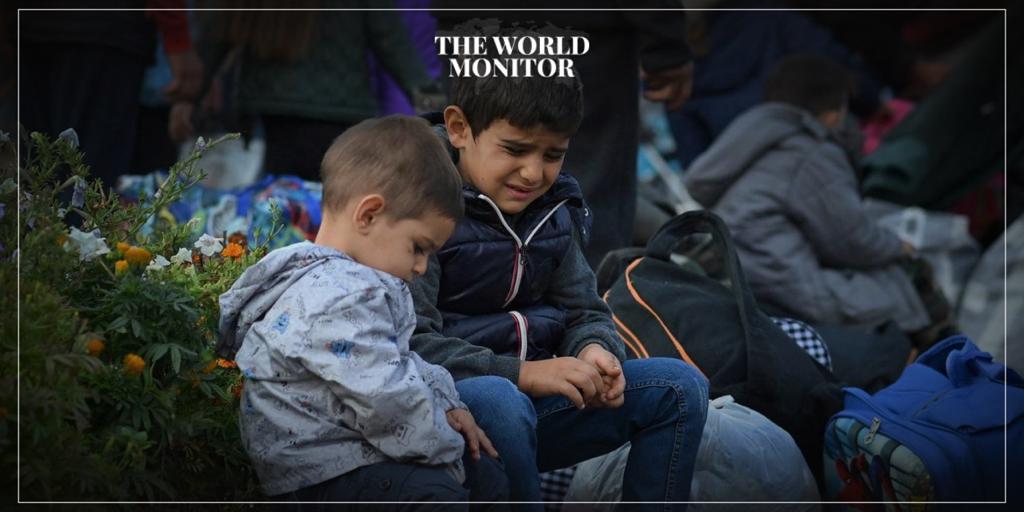Armenia has reported that more than 70,000 people, with their belongings and vehicles, have fled from the Nagorno-Karabakh region, which has an approximate population of 120,000, towards Armenia, according to the French Press Agency.
On Thursday, the self-proclaimed Republic of Nagorno-Karabakh announced it would “cease to exist” by the end of the year, following a military defeat by Azerbaijan. This caused more than half of its inhabitants to flee, thereby ending dreams of independence.
Separatist leader of the region, Samvel Shahramanyan, issued a decree ordering the dissolution of all state institutions by the year’s end. He stated that Nagorno-Karabakh would “cease to exist” as of January 1, 2024.
This marks the closing chapter of one of the longest-standing “frozen conflicts” in the world, which seemed irreconcilable. Successive U.S. administrations, along with European officials, failed to resolve the dispute despite continuous rounds of negotiations.
However, this announcement intensified anger in Yerevan.
On Thursday, Armenian Prime Minister Nikol Pashinyan accused Azerbaijan of executing an “ethnic cleansing” campaign in Nagorno-Karabakh. He emphasized that no Armenians would remain in the region “in the coming days.”
The swift Azerbaijani offensive concluded with a ceasefire on September 20, where Armenian separatists pledged to hand over their arms and engage in talks aiming for the “reintegration” of Nagorno-Karabakh.
Two rounds of talks took place, with Azerbaijani forces, alongside Russian peacekeepers, systematically collecting separatist arms and reclaiming towns that remained outside Baku’s control since the initial conflict in the region during the 1990s.
Azerbaijani forces began to approach the outskirts of Stepanakert, which Armenian separatists considered as the “capital” of the Nagorno-Karabakh region.
The decree from Shahramanyan in Stepanakert highlighted that residents should “familiarize themselves with the reintegration conditions” proposed by Azerbaijan and make an “individual and independent decision” about staying.
On Thursday, Kremlin spokesperson Dmitry Peskov acknowledged the decision of the separatist authorities in Nagorno-Karabakh to dissolve themselves.
The international community watches closely as developments in the Nagorno-Karabakh region could shape the future geopolitical landscape of the Caucasus.






